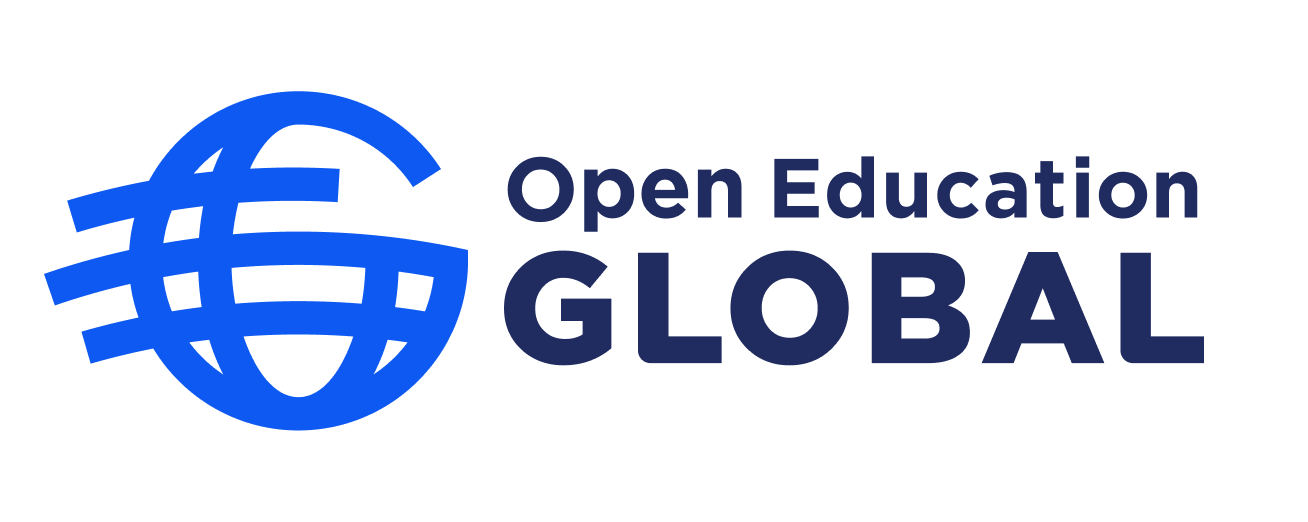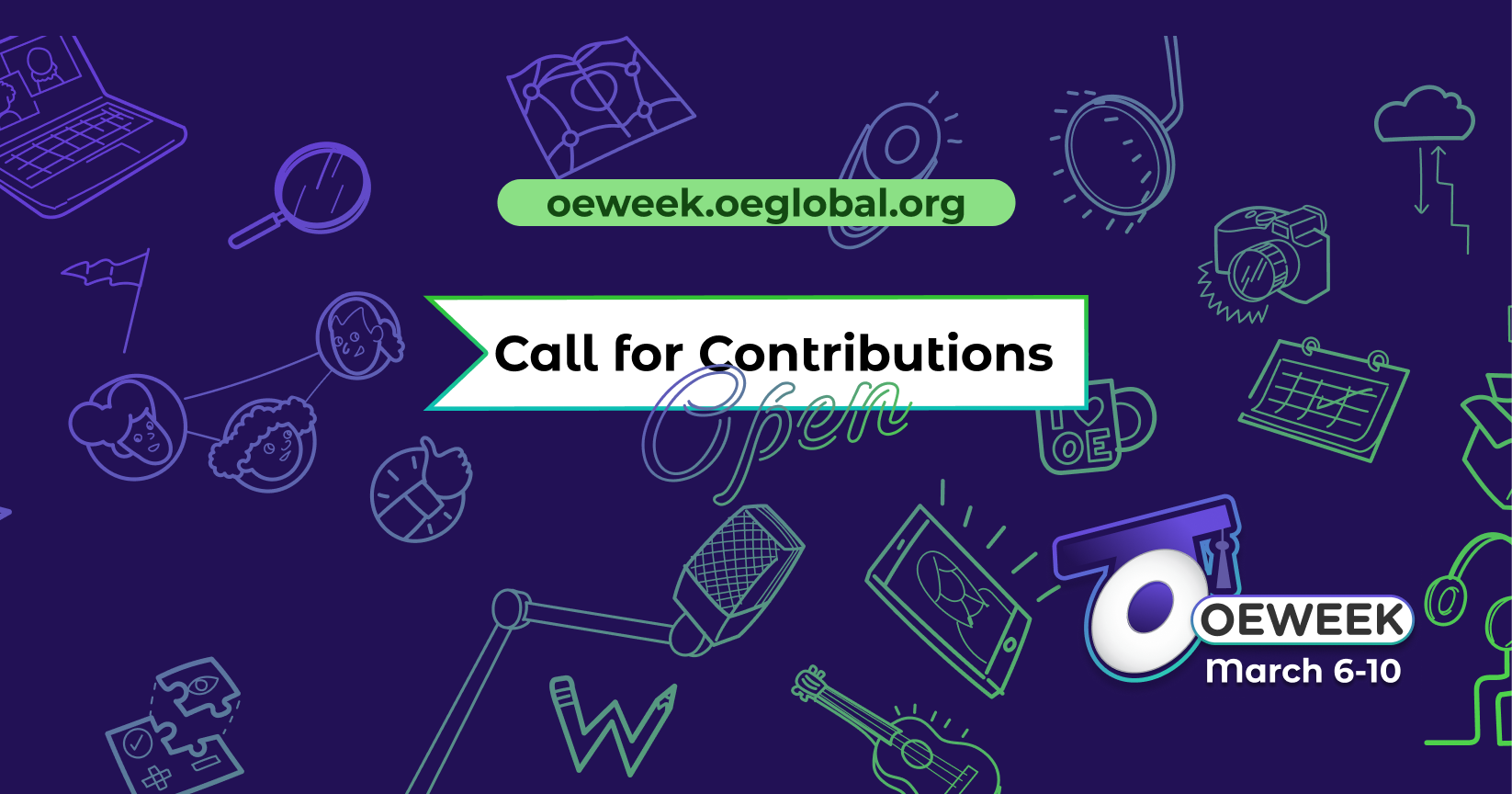The 2023 Call for Contributions to Open Education Week (OE Week) is now open! OE Week 2023 takes place wherever you are from March 6-10.
Every year, in early March, open educators and activists around the world collectively celebrate the education projects, platforms, teaching resources, process and textbooks they have created under a free license. Communities of teachers, librarians, students, policymakers, technologists, activists, and enthusiasts host events, activities, and challenges at schools, colleges, universities, libraries, and organizations.
Together, they spend one week in early March sharing, discussing, and celebrating these contributions to Open Education, and encouraging more engagement and creation.
Since 2012, Open Education Week contributors have helped to build 4,603 OE Week ‘moments’ through the 1,873 events that have been hosted and 1,082 Open Education Resources that have been shared. 77,555 people have attended events or gained access to Open Education resources, assets, and repositories from 192 countries in 34 languages.
Join us in 2023!
What you can contribute
There are two ways to contribute to OE Week 2023. You can contribute by sharing the details of the Activities you are hosting during Open Education Week and you can contribute by sharing the Open Assets or resources you have created (this automatically adds them to the OE Week Library).
OE Activities
Activities are scheduled sessions, activities, or events (in-person or online). Examples include, but are not limited to, introductions, presentations, panel discussions, workshops, demonstrations, contests, drives, training, or performances. There are no limits! We welcome any format that is creative – as long as it promotes participation and increases awareness of Open Education during the week.
Open Assets
Open Assets are the tangible education-focused resources and products that are created, developed, and used by open education initiatives. Open Assets are produced, curated, and distributed in ways that make them freely accessible, usable, and improvable by others, wherever they are. Open Assets may be OERs (Open Educational Resources), Open Textbooks, Open Courses, Open Repositories or Libraries, Open Tools, open technology platforms, etc.

